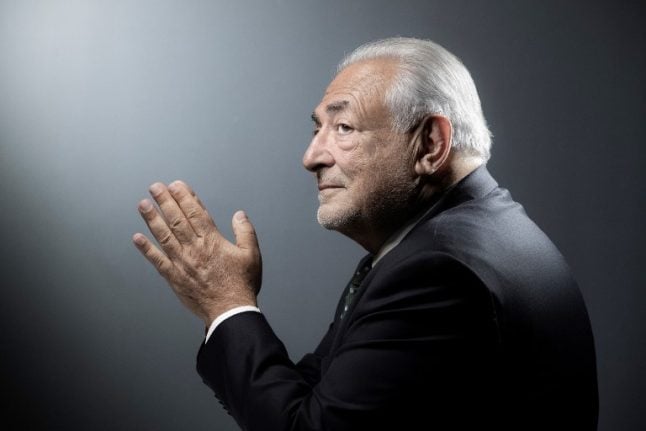“I can confirm that the New York Police Department and the Office of the District Attorney returned Mr Strauss-Kahn’s passport,” Shawn Naunton, from the French politician’s legal team, said after a brief visit to his Manhattan home.
Strauss-Kahn has been a free man since Tuesday when a New York judge agreed to a request by prosecutors to drop all charges against him.
The DA’s office said it could no longer pursue the case because while Strauss-Kahn did engage in sex with a Manhattan hotel maid, her repeated lying to investigators made it impossible to prove beyond a reasonable doubt her allegations of sexual assault.
“As you all know, Mr Strauss-Kahn’s freedom was restored on Tuesday and the criminal charges were dismissed. It’s gratifying to return his passport to him today,” Naunton said.
Strauss-Kahn is believed to be preparing to return to France, where until his arrest he was seen as a leading prospect to become president in elections next year.
Despite the dismissal of charges, the affair remains a dark cloud over his reputation.
A spokesman at the International Monetary Fund, where Strauss-Kahn had to give up the leadership in the wake of his arrest, said that a visit was expected “as early as next week.”
The IMF, which plays a crucial but often controversial role in aiding countries in financial straits, was left reeling after Strauss-Kahn resigned as chief in May in the middle of tense negotiations over Greece’s massive bailout.
“Like any former managing director of the IMF, Mr Strauss-Kahn would be welcome to visit the Fund. I understand that he intends to make a personal visit to headquarters,” IMF spokesman David Hawley told a press briefing.
“It’s a personal visit… I expect he would meet with the staff. I don’t have any further details on the visit, which is not yet fully fleshed out,” Hawley said.
“It could be as early as next week. But if there were such a visit, it would be a personal one and essentially a private one, so it wouldn’t be open to the press or the public.”
The case against Strauss-Kahn, 62, sensationally collapsed after prosecutors said his accuser, Guinean immigrant Nafissatou Diallo, could no longer be believed.
She had lied both about details of the case and about her background, destroying her credibility in a he-said/she-said trial.
The maid’s lawyer continues to argue that his client has been denied her right to justice and that prosecutors turned their backs on the medical evidence that showed a brief sex act took place in the hotel room. He has filed a civil lawsuit on Diallo’s behalf seeking unspecified monetary damages.
An IMF employee, speaking on condition of anonymity, said Thursday that employees “couldn’t care less” if Strauss-Kahn, who had headed the 187-nation institution for more than three years, visited.
“I think that if he comes and there is a townhall for him to officially say good-bye and thank you, people will listen to him politely,” the employee said.
“He’s not going to have any ululations,” the person added, referring to the high-pitched wailing commonly used by women in the Middle East.
Former French finance minister Christine Lagarde won the IMF succession battle and took up her post as the new head of the 187-nation Fund on July 5, becoming the first woman to head the key crisis lender.


 Please whitelist us to continue reading.
Please whitelist us to continue reading.
Member comments